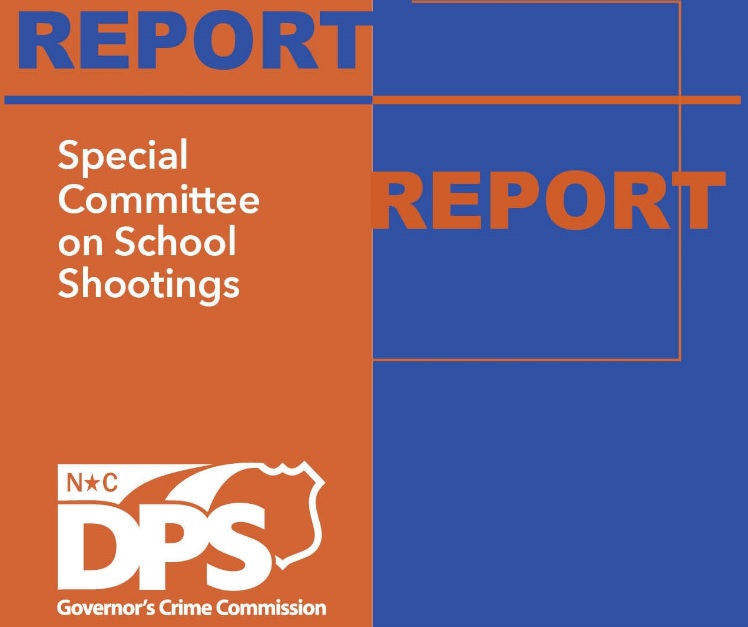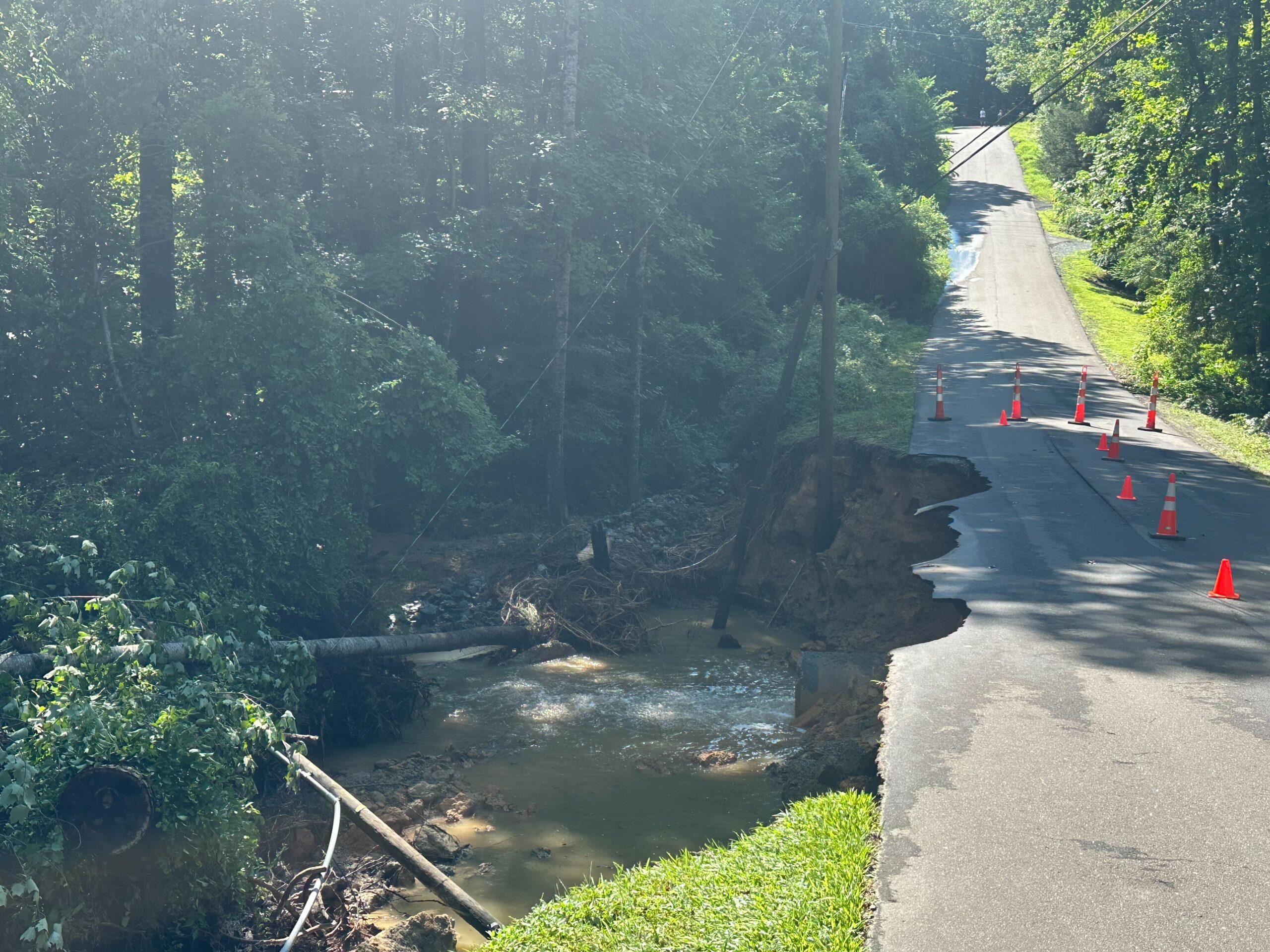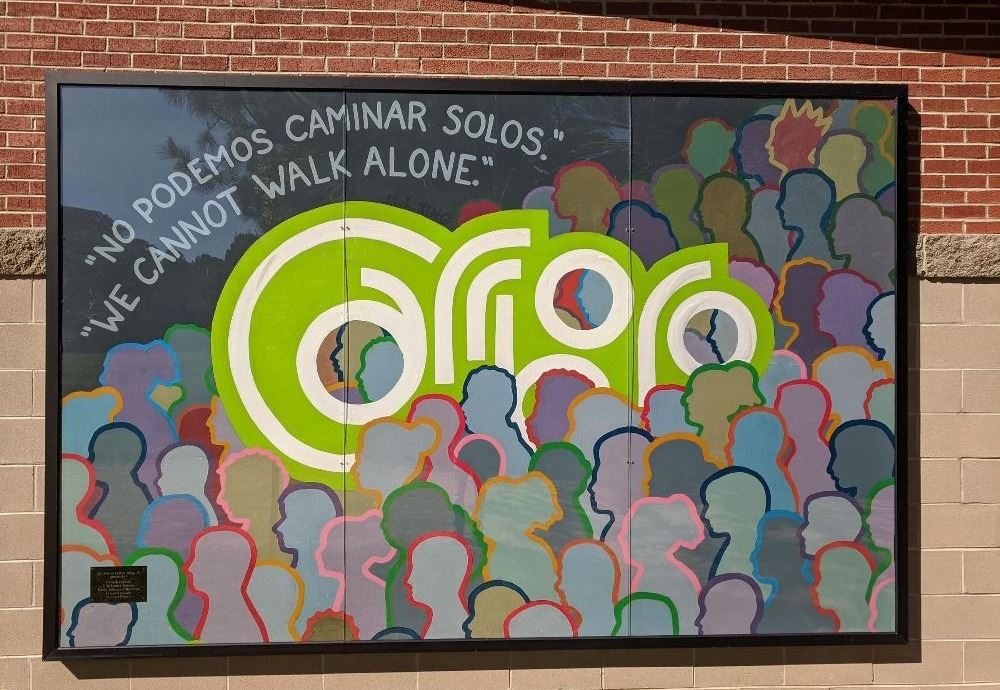Last year, a school shooting at Stoneman Douglas High School in Parkland, Florida left 17 students and staff dead, and reinvigorated a nationwide conversation about school safety.
In North Carolina, state government officials were compelled to action. The office of the Department of Public Safety requested the establishment of a Special Committee on School Shootings, which held five meetings and hosted public forums in Greenville and Greensboro in 2018. Their report was released last month, just a week before the one-year anniversary of those terrible moments in Parkland.
The report outlined 33 recommendations for state and county governments to consider that covered school resource officers, in-school training, intelligence-gathering and more.
Orange County Sheriff Charles Blackwood was a member of the 18-person committee, along with school administrators, students and law enforcement officers from across the state.
“I think that a lot of things identified by the committee, we were already doing in Orange County and Chapel Hill – Carrboro City Schools as well,” he said.
Blackwood sat down with Orange County School Superintendent Todd Wirt and WCHL’s Aaron Keck recently to talk about the committee’s report and the changes it might bring to schools in Orange County.
The committee paid special attention to School Resource Officers and the training they receive. Wirt said SROs are often the front line in school safety efforts and an important factor in the prevention of violence in schools.
“They are often the first person in a building that a student will come to to confide in with a concern that they have,” Wirt said. “Our SROs are not administrating discipline to students; they are there to provide safety and to respond to students.”
Blackwood said Orange County needed to continue to be very intentional about the use of SROs in schools.
“We believe, that with law enforcement it takes a specialized officer to do a specialized job,” Blackwood said. “You cannot just take an officer, plug him into the school system and expect them to perform in an efficient manner.”
He spoke specifically about concerns from parents and advocates surrounding the school-to-prison pipeline. According to data collected by the Council of State Government’s Justice Center, students expelled or suspended for discretionary violations are nearly three times more likely to be in contact with the juvenile justice system in the following year. Black students are disproportionately more likely to receive school suspensions or expulsions from school administrators.
The report also recommended changes to statutory law to allow for so-called ‘red flag laws’ that give law enforcement officers or a family member the ability to petition the courts to confiscate a firearm based on intelligence collected about a threat to school safety.
Speaking about next steps for school safety in Orange County, Blackwood and Wirt pointed to school upgrades and new facilities that needed to be accounted for in safety planning.
Wirt praised the clear lines of communications between his office and the sheriff’s staff. He said he weighs the safety of students and school staff heavily.
“There’s no greater responsibility or no greater focus that we probably talk about more often. You know, we’re tasked with the core business of academic achievement, but before that can ever happen, we have to have quality safety for our kids and our staff.”
The report and its recommendations are available on the state government website.












